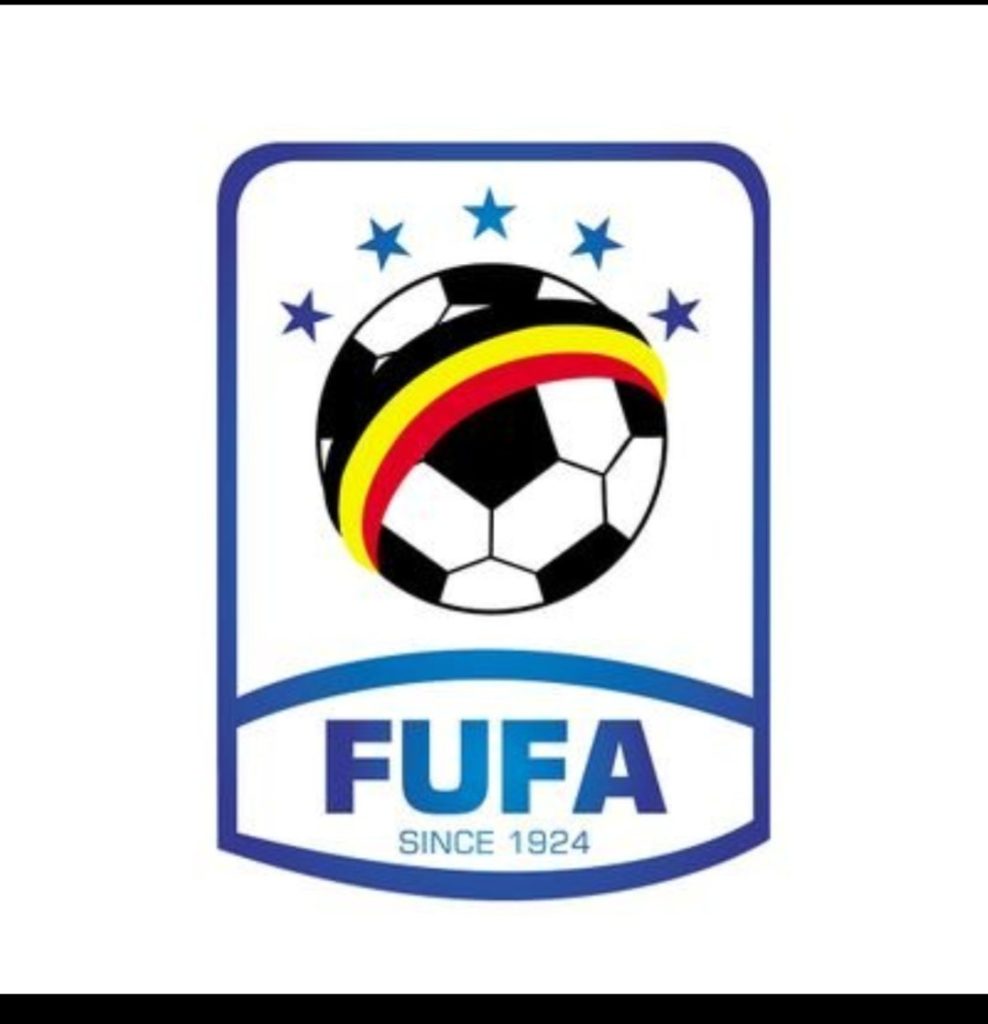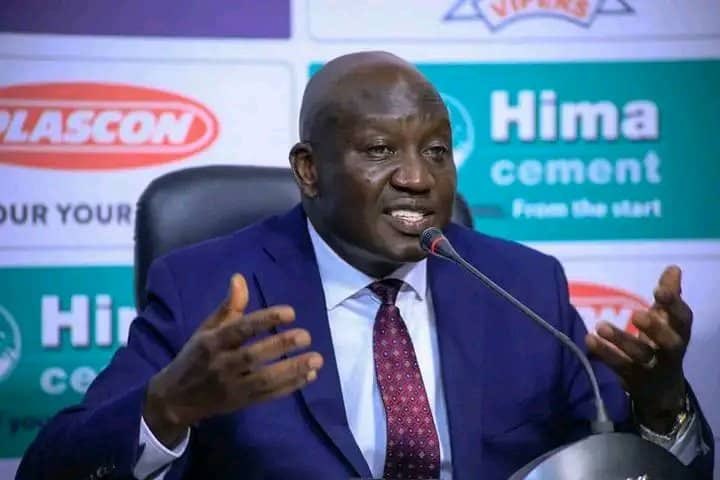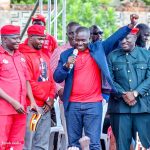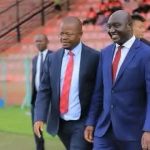As a sports reporter for Trending Ug, covering the escalating controversy between Vipers Sports Club and the Federation of Uganda Football Associations (FUFA) is crucial, especially with its potential to disrupt the 2025/26 Uganda Premier League (UPL) season. What began as murmurs of discontent in August 2025 has erupted into a full-blown impasse, pitting Vipers president Lawrence Mulindwa against FUFA president Moses Magogo. At the heart of the clash is the new three-phase league format, which Vipers claims was imposed without adequate consultation and undermines fair competition. With the season already underway—12 matches played as of October 6, 2025—this dispute highlights deeper tensions in Ugandan football governance. Here’s a comprehensive breakdown for your report, drawing on recent developments, statements, and implications, including the latest on Vipers’ high-profile boycott of their opening match against Kitara FC.
Background: From Reforms to Rebellion
The seeds of the controversy were sown in early September 2025 when FUFA unveiled reforms for the UPL as part of its Technical Master Plan submitted to FIFA. Aimed at professionalizing the league, expanding to 18 teams by 2026/27, and boosting competitiveness, the changes were passed during a heated meeting at Serena Hotel in Kampala on September 10, 2025. Influential clubs, including Vipers, SC Villa, KCCA, and NEC, initially opposed the format, with presidents like Mulindwa and SC Villa’s Hajji Omar Mandela citing “blackmail” and lack of broad stakeholder input.
Tensions escalated earlier, with a proposed meeting on August 27, 2025, between Magogo, Mulindwa, and Mandela failing to occur. The club presidents insisted on involving all UPL teams rather than selective discussions, leading to a separate clubs’ meeting and press conference that day. While most clubs eventually relented after consultations, Vipers stood firm, echoing historical FUFA-club conflicts—like the 2012/13 parallel leagues saga or bans on critics such as Express’ Kavuma Kabenge. This isn’t Mulindwa’s first rodeo; in June 2024, he accused FUFA of sabotaging Vipers’ title bid, a claim Magogo dismissed by defending rule changes.
The New League Format: What’s Changed?
The 2025/26 UPL features 16 teams in a revamped three-phase structure designed to reduce fixture congestion and heighten drama, replacing the traditional double round-robin. Here’s how it works:
Phase 1 (Round One): All 16 teams play a single round-robin (15 matches each), with fixtures manually prepared instead of drawn for fairness. Points from this phase determine seeding for the next.
Phase 2 (Group Stage): Teams split into two groups of eight—top eight in Group A (title contenders) and bottom eight in Group B (relegation fighters)—based on Phase 1 standings. Each group plays home-and-away matches (14 games per team). Critically, points are reset or adjusted between phases, a point of contention.
Phase 3 (Playoffs): The top six overall advance to a championship mini-league, while the bottom six battle relegation. Winners are crowned based on final standings, with promotion/relegation tied to lower divisions’ restructurings (e.g., splitting Division One into zones).
FUFA draws parallels to formats in Belgium (halved points in playoffs), Scotland (full points retained post-split), and South Africa (experimental playoffs). The season kicked off in late September 2025, with early standings available on platforms like ESPN.
The Clash: Mulindwa vs. Magogo
The feud boils down to consultation, fairness, and power dynamics.

Mulindwa’s Side: In an October 2, 2025, letter to FUFA CEO Edgar Watson, Mulindwa blasted the format for devaluing early-season efforts via point resets, causing fixture congestion, and straining squads. He accused FUFA of “disrespect and blackmail,” ignoring Vipers’ August and September petitions, and walked out of a September 2 meeting. Vipers formally objected, citing no response from FUFA despite applying for a license.

The Boycott Escalates: No-Show at Namboole: The standoff reached a dramatic peak on Saturday, October 4, 2025, when Vipers refused to appear for their scheduled double-header match against Kitara FC at Mandela National Stadium (Namboole). In a statement released on October 2, Vipers confirmed they would not participate until FUFA addresses their concerns “formally and respectfully,” leaving the stadium empty for their fixture and underscoring the club’s defiance. As a result of the no-show, Kitara FC was awarded a walkover victory, handing them three points in what was meant to be Vipers’ season opener. The double-header proceeded with the second match between KCCA FC and SC Villa, but Vipers’ absence drew widespread criticism and highlighted the potential for further disruptions. Mulindwa has rejected any pressure to back down, insisting the boycott is a stand for all clubs’ rights.
Magogo’s Side: FUFA, via Watson’s October 3 response, insisted Vipers must honor fixtures, having signed compliance forms and participated initially. Magogo, who attempted calls to Mulindwa post-walkout, defends the reforms as essential for global alignment and denies sabotage claims. FUFA views the changes as non-negotiable for the league’s future.
Fan Reactions: Divided Loyalties and Calls for Change
The boycott has ignited passionate responses from Ugandan football fans on social media and beyond, with opinions split between staunch support for Vipers’ protest and frustration over the disruption to the league. Many fans hail Mulindwa’s defiance as a necessary pushback against perceived FUFA overreach, while others lament the setback to the sport. Here’s a snapshot of the discourse:
Support for Vipers and Calls for Boycotts: A vocal segment backs the club’s stand, viewing it as a win for fans and the game’s integrity. One fan declared, “Yesterday, football won, the biggest stakeholders (the fans) won. @VipersSC won the hearts of every football fan… At this point, Magogo should just resign,” garnering over 1,200 likes. Another urged solidarity: “We the fans will stand with them and boycott the upl as well,” emphasizing resistance to FUFA’s handling. Some even suggested broader action: “Keep Vipers out. Let FUFA play their games with fans boycotting. Ugandan football loses because an engineer was given authority to govern our football.”
Criticism and Concerns Over Arrogance: Not all reactions are positive; some fans express disappointment in Mulindwa’s approach. One lamented, “So boycotting an official upl game wins you fans. Pretty sad, I’ve been a vipers fan but Mulindwa’s arrogance is costing us. What a shame!” Others acknowledge the format’s flaws but blame clubs for not uniting: “I hate that format myself and I hate how fufa handled this… but the clubs went ahead and sided with this league and that leaves vipers stranded.” Reports note fans voicing anger at FUFA while decrying the overall step backward for Ugandan football.
Broader Sentiment: Visuals of the empty Namboole Stadium have fueled online buzz, with fans sharing images and memes highlighting the standoff’s impact. The controversy has drawn comparisons to past disputes, with some fans nostalgic for “Kavuma Kabenge Muwema times,” signaling deep-rooted governance issues. Overall, the reactions underscore a fanbase frustrated with FUFA’s leadership but divided on the boycott’s effectiveness.
Implications and What’s Next
This standoff risks league instability: Vipers’ isolation—after allies like SC Villa backed down—could lead to sanctions, fines, or exclusion, per FUFA precedents. Analysts warn sidelining a powerhouse like Vipers (recent champions) undermines credibility and fan engagement, especially after the walkover handed to Kitara. Vipers could appeal to FUFA’s Disciplinary Committee, the Uganda Football Association Tribunal, or even the Court of Arbitration for Sport (CAS), though that’s costly and time-consuming.
For Ugandan fans, this exposes governance flaws but could spur positive change if resolved. As of October 6, no resolution is in sight—Vipers’ boycott stands, and FUFA remains unyielding. Monitor FUFA and Vipers’ official channels for updates. This story resonates in Uganda, where football passions run high; frame it as a battle for the sport’s soul to engage Trending Ug readers. If you need quotes, timelines, or visuals (e.g., confirm for images of Mulindwa/Magogo or stadium empties), let me know!








